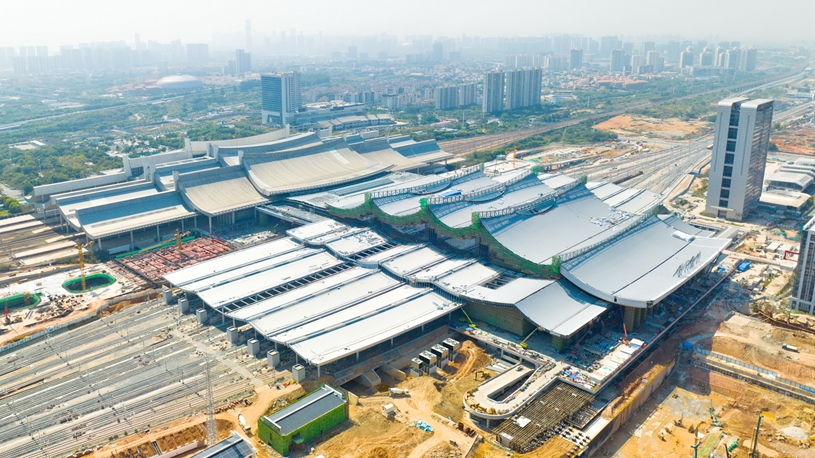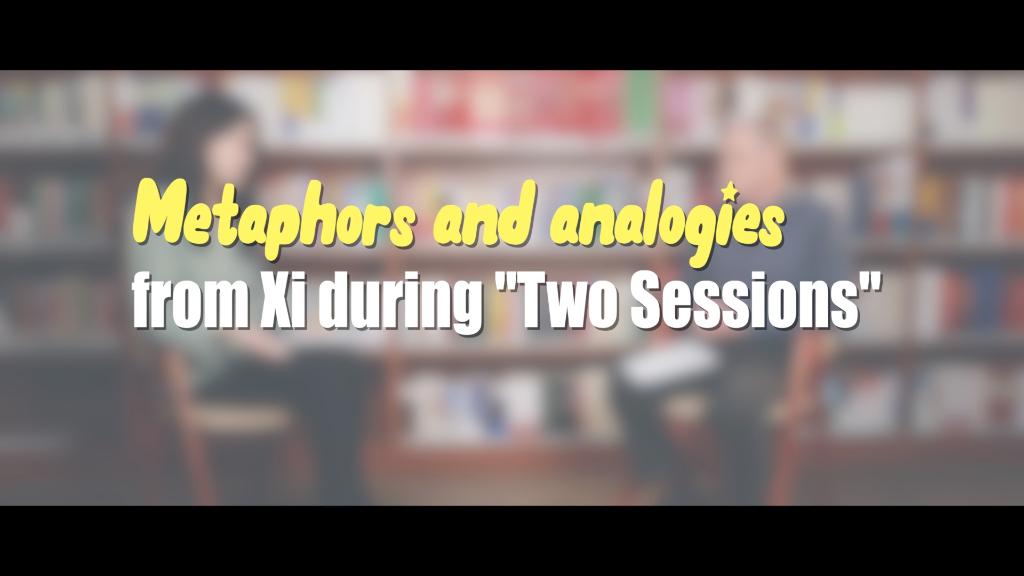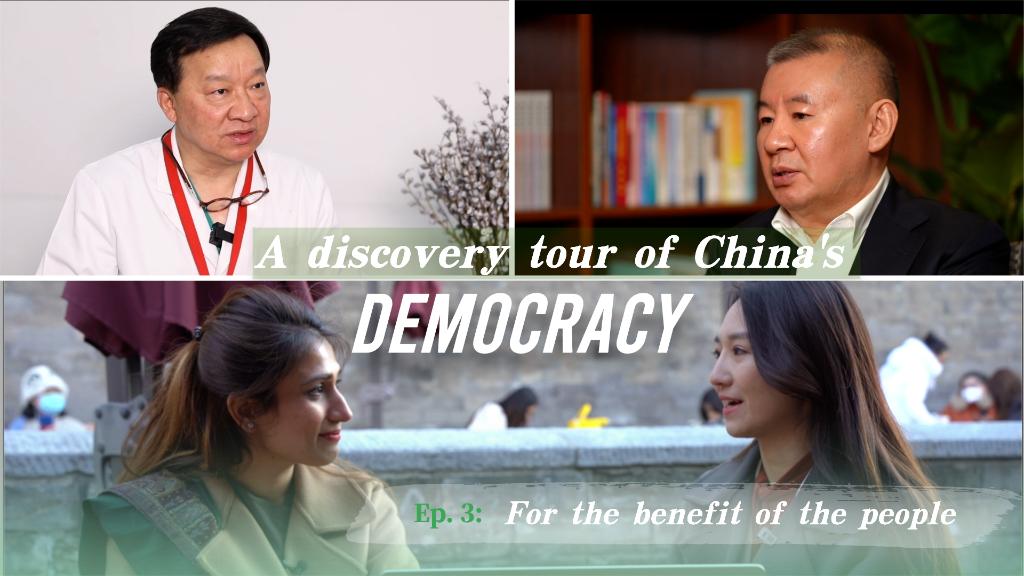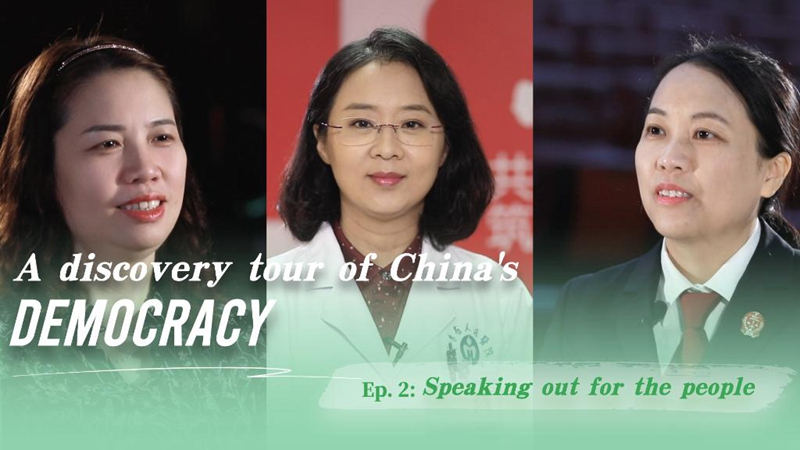
The aerial photo, taken on Dec. 13, 2019, shows a 50-megawatt solar farm in Garissa, Kenya. (Xinhua/Xie Han)
Achieving Africa's sustainable growth requires leveraging the power of science, technology, and innovation to fight multidimensional vulnerabilities, experts have emphasized.
ADDIS ABABA, March 4 (Xinhua) -- Achieving Africa's sustainable growth requires leveraging the power of science, technology, and innovation to fight multidimensional vulnerabilities, experts have emphasized.
They made the call during a session on science, technology, and innovation (STI) on the margins of the Ninth session of the African Regional Forum on Sustainable Development that was held in a hybrid format in Niamey, the capital of Niger on Thursday, the United Nations Economic Commission for Africa (UNECA) said in a statement issued Friday.
According to the UNECA, the experts emphasized the crucial role of STI as a key driver and enabler for ensuring economic growth, improving well-being, mitigating the effects of climate change, and safeguarding the environment.
They underscored the need to strengthen national and regional STI ecosystems by fostering innovation, promoting entrepreneurship, and investing in research and development.
The experts agreed that Africa can harness the potential of STI to accelerate its socioeconomic progress and achieve the Sustainable Development Goals (SDGs) by 2030 and the African Union's Agenda 2063.

The file photo shows people taking part in the Technology Fair and Forum for the Middle East and Africa in Cairo, Egypt, on Nov. 7, 2021. (Xinhua/Wang Dongzhen)
"We need a clear political will from governments to ensure science, technology, and innovation is a reality. By doing so, our education systems will be capacitated to deliver knowledge that is vital to solving Africa's sustainability challenges," the statement quoted Niger's Minister of Higher Education and Research Mamoudou Djibo.
The experts highlighted that despite advances in STI, significant gaps remain in bridging the scientific and technological divide between developed countries and Africa.
The highly uneven global distribution of scientific capacity and access to knowledge threatens to derail the goal of leaving no one behind, which is the central and transformative promise of Agenda 2030, the experts noted.
Namibia's Deputy Minister of Information and Communication Technologies Emma Theophilus, on her part, underscored the need that national systems need to be strengthened.
"Strengthening our national systems for STI is a key game changer for rapid structural transformation in Africa. Leveraging digital transformation can achieve a stronger, smarter, and more inclusive recovery," she said.
According to the UNECA, over the last decade, Africa has embarked on a trajectory to strengthen its science, technology, and innovation capacity. ■












